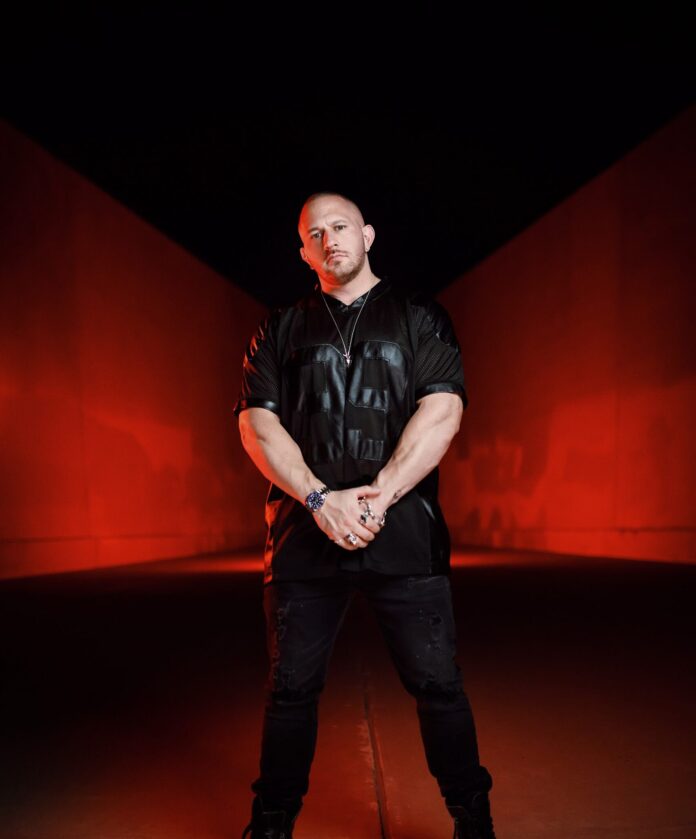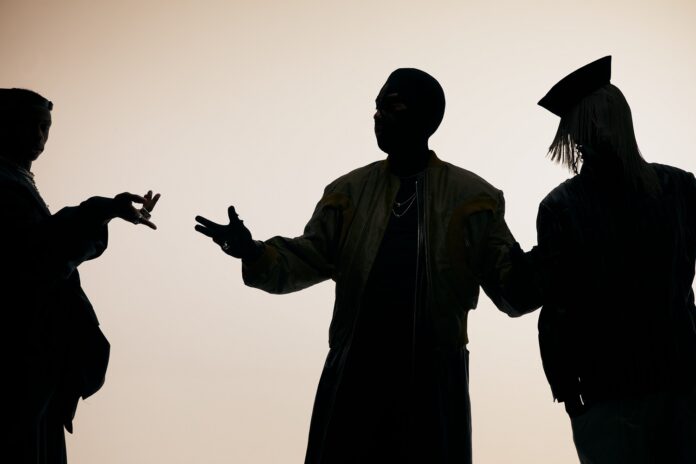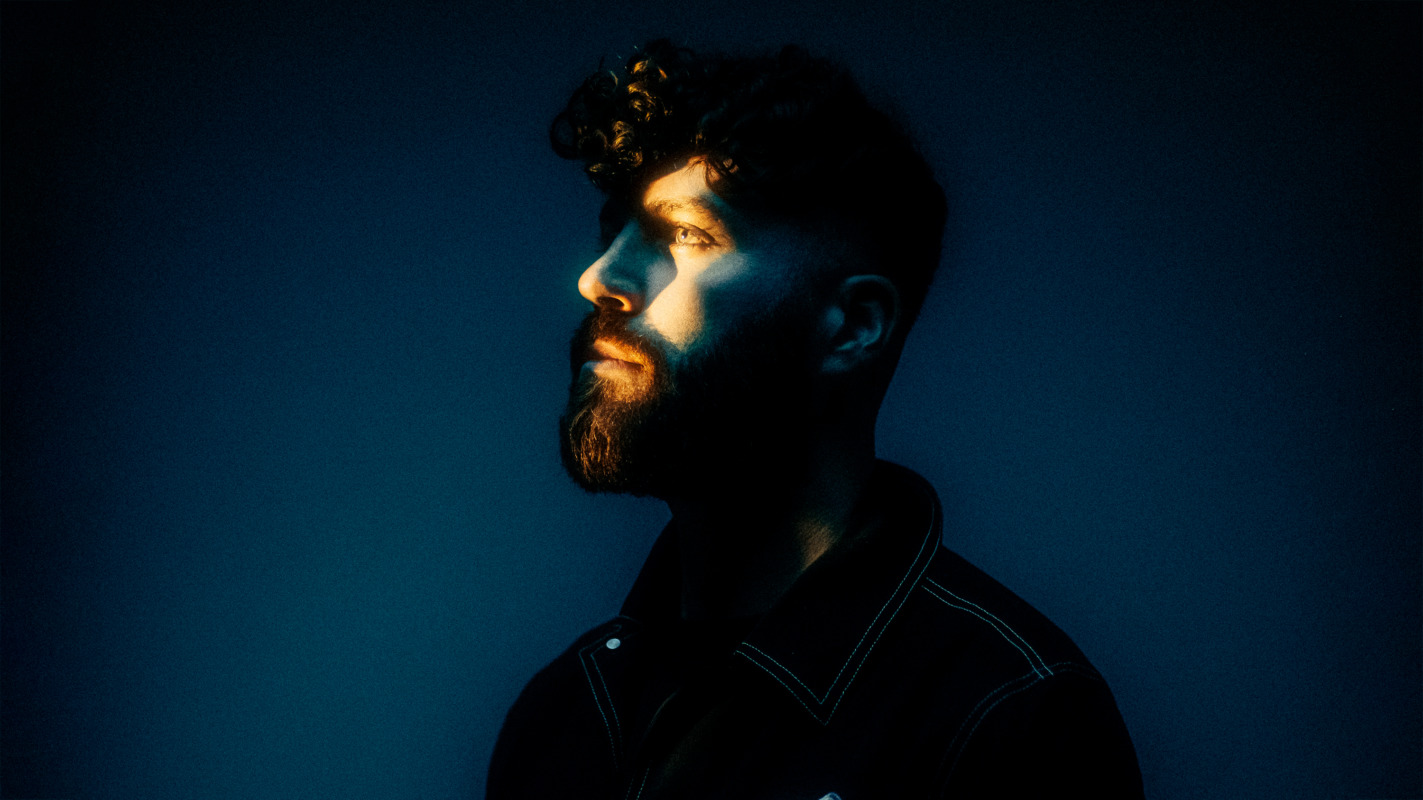The film Demon Slayer: Kimetsu no Yaiba the Movie: Mugen Train made headlines in 2020 when it quickly became the highest-grossing film in Japanese history, beating both Titanic and Hayao Miyazaki's classic Spirited Away. Even before then, Demon Slayer had already become a cultural phenomenon, earning critical praise and lots of fans in Japan and the USA. Of course, when a franchise reaches this level of popularity, it will inevitably become part of an advertising campaign.
Demon Slayer has teamed up with McDonald's Japan in a limited-time promotion. Those who buy a Happy Set (the Japanese version of the Happy Meal) will get Demon Slayer-themed stickers, including an exclusive set that features series characters dressed up like McDonald's employees. However, the most surprising thing for American viewers will be the other toys on offer. Children who don't want Demon Slayer toys can instead get ones themed around Tropical-Rouge! Pretty Cure -- a series that seems would have an entirely different age demographic.
While it may seem like an odd combination to Americans, these two shows are both marketed towards children in Japan. If you attempt to see Demon Slayer: Kimetsu no Yaiba the Movie: Mugen Train in an American theater, you'll see that the American rating board has given the film an R rating. According to the board, this rating is due to what it describes as violent and bloody images. However, in Japan, the film is rated PG-12, meaning that only children under 12 require parental supervision if they want to see it.
This is because Eirin, the Japanese rating board, only has four ratings. In order of severity, these ratings are G, PG-12, R-15 and R-18. PG-12 means that parental discretion and accompaniment are required for children under 12, while the R rating means that no one under that age is admitted, and IDs must be checked. For a film to get an R-15 rating in Japan, it must show extreme violence, sexual content or contain glamorization of criminal activity. This means that PG-12, while the logical choice in the Japanese system, may seem a little light to Americans.
However, the violence found in Mugen Train hasn't gone unnoticed in Japan. Many parents have posted on social media or written to newspapers to say that the film scared their children, especially younger ones. Some parents have reported that their children struggled to sleep after watching the movie and were left disturbed by the images seen during Mugen Train. Other parts of Japanese social media have seen many posts, wondering if their child was old enough to see Mugen Train.
This trend became such a common thing that Yahoo Japan reached out to a psychologist specializing in child development and asked for their opinion on the matter. The psychologist explained that parents should be aware of the risks of seeing the film and that young children may be traumatized by the negative depictions shown, especially if they're too young to understand the story. Still, they reiterated that it was up to the parents to decide what was suitable for their children.
While this controversy is small and unlikely to affect the franchise in the future, it does present a fascinating example of how anime is marketed differently in Japan and America. It also shows that, while the era of heavily censored dubs may be over, the differences between the Japanese and American rating boards will still cause problems for international distributors looking to import a popular show. While America won't see McDonald's market Demon Slayer to children, we can at least be happy that Demon Slayer: Kimetsu no Yaiba the Movie: Mugen Train will be available in cinemas, even if under 17s will need a parent with them.
About The Author

